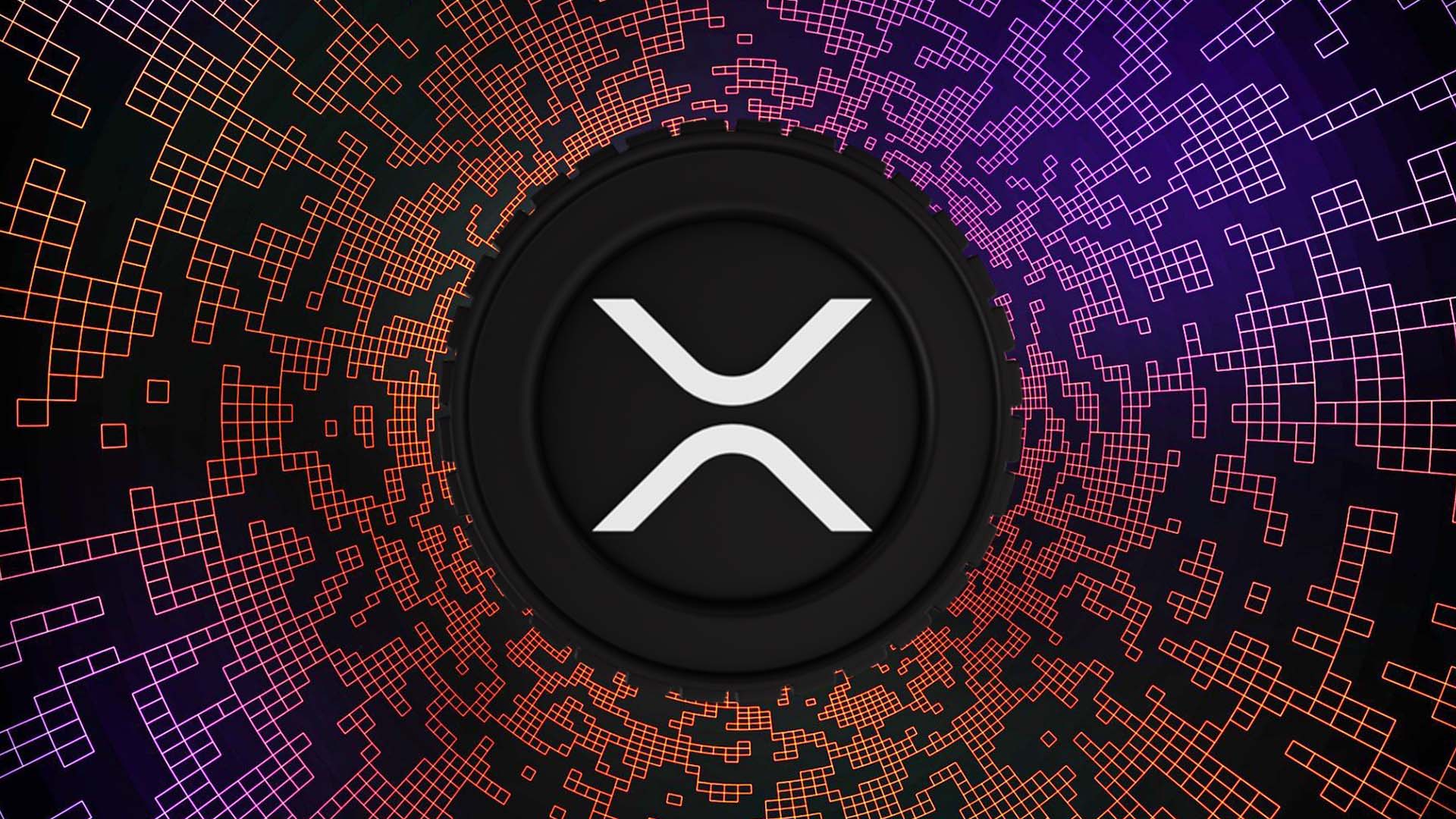|
Getting your Trinity Audio player ready...
|
Australia’s crypto scene has received a stark warning as the nation’s financial watchdog, the Australian Securities and Investments Commission (ASIC), secured its first major court victory against a crypto company. On May 3rd, the Federal Court found BPS Financial, the provider of the Qoin Wallet, guilty of operating without a license.
The landmark case centered around BPS’s promotion of Qoin tokens as a payment method for goods and services. Since January 2020, BPS actively marketed Qoin to both consumers and businesses, with over 93,000 wallets distributed by September 2022. This activity, according to the court, constituted operating a non-cash payment facility, a financial product requiring an Australian Financial Services License (AFSL).
Justice Downes’ ruling highlighted BPS’s failure to obtain the necessary license, making their operations a violation of the Corporations Act. Additionally, the court found BPS guilty of misleading customers by falsely promoting Qoin as a widely accepted means of exchange. In reality, the token had minimal merchant adoption, with the only exchange facilitating its redemption closely linked to BPS itself.
Also Read: Australia to Join the Bitcoin ETF Party: Spot ETFs Expected on ASX by Year-End
While the court did not classify BPS’s actions as a complete “rug pull,” their operation was deemed to be in breach of several key financial regulations. ASIC Chair Joe Longo emphasized the case’s significance, highlighting the inherent risks and complexities associated with crypto assets. He stressed the crucial role of proper licensing and accurate information provision within the crypto industry.
This landmark decision serves as a clear message to Australia’s crypto community: regulatory oversight is intensifying. ASIC has signaled its unwavering commitment to defining the regulatory landscape for crypto products and ensuring providers adhere to established licensing requirements. This case sets a precedent for stricter enforcement within the Australian crypto space, potentially impacting the way companies operate and interact with consumers in the future.
I’m a crypto enthusiast with a background in finance. I’m fascinated by the potential of crypto to disrupt traditional financial systems. I’m always on the lookout for new and innovative projects in the space. I believe that crypto has the potential to create a more equitable and inclusive financial system.




